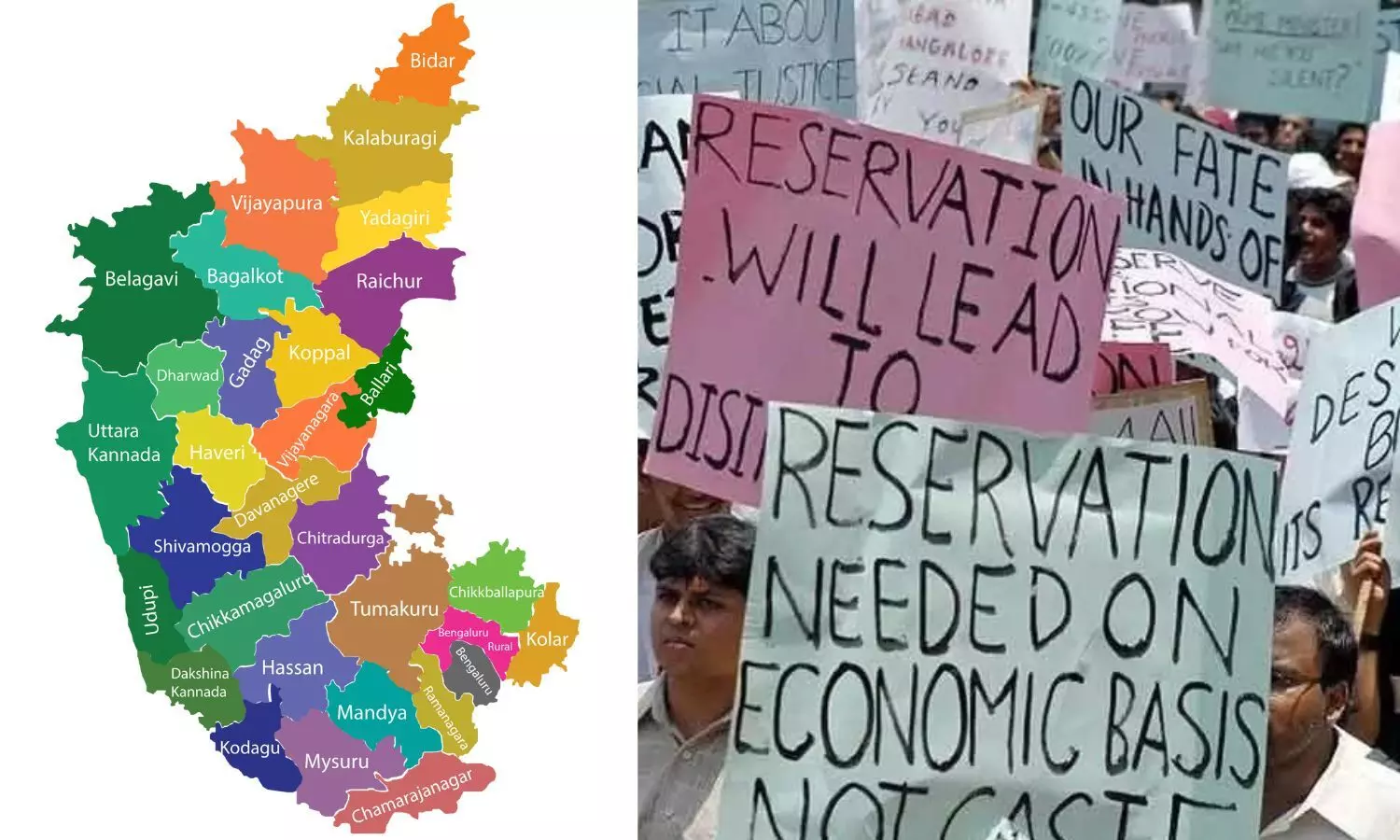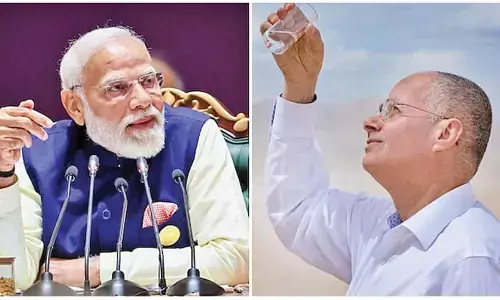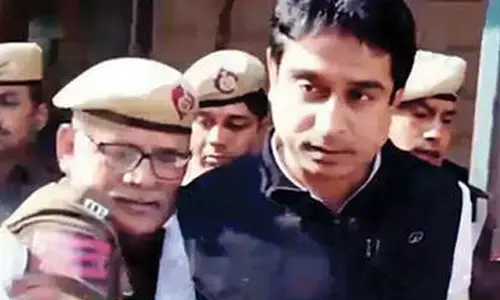Karnataka Politics - The controversy surrounding caste quotas

Karnataka Politics - The controversy surrounding caste quotas
Karnataka's political landscape as caste quotas take centre stage, reflecting complex historical legacies and contemporary electoral strategies.
In Karnataka politics, caste quotas have been a contentious issue, particularly highlighted by Prime Minister Modi's recent remarks accusing the Congress of reallocating reservation from Other Backward Classes and Scheduled Tribes/Scheduled Castes to Muslims. This accusation has stirred debate, especially considering Karnataka's history of casting the spotlight on caste issues during elections, such as the 2023 assembly polls, where Congress emerged victorious.
Even before Congress MPs Mallikarjun Kharge and Rahul Gandhi advocated for a caste census, Karnataka had been grappling with the topic. The state's previous government, led by Siddaramaiah, commissioned a report on the matter, although its recommendations are yet to be implemented. The issue remains a hot button in Karnataka's political discourse.
The debate took a national turn when Prime Minister Modi asserted himself as the ‘biggest OBC,’ challenging Rahul Gandhi's assertions about his caste identity. This exchange highlights the broader conversation around caste politics in India, with parties like Congress including OBC concerns in their national manifesto while the BJP actively courts these communities.
Historically, Karnataka has been at the forefront of caste-related discussions. From the Leslie Miller Commission in 1918 to the Chinnappa Reddy report in 1994-95, various commissions have addressed caste representation and reservations. However, the state's journey towards equitable representation has been fraught with challenges, including disagreements over inclusion criteria and legal hurdles. The impact of caste quota on Karnataka's political landscape has been profound, shaping election campaigns and policy decisions.
In recent years, Karnataka's efforts towards a comprehensive caste survey have faced setbacks, with leaked reports causing discontent among certain communities and legal obstacles stalling implementation. Despite these challenges, the state remains committed to addressing caste disparities and ensuring fair representation.
Controversies surrounding caste-based reservations in Karnataka continue to shape political discourse in Karnataka and beyond. It highlights the complex interplay between electoral dynamics, social identities, and governance.




